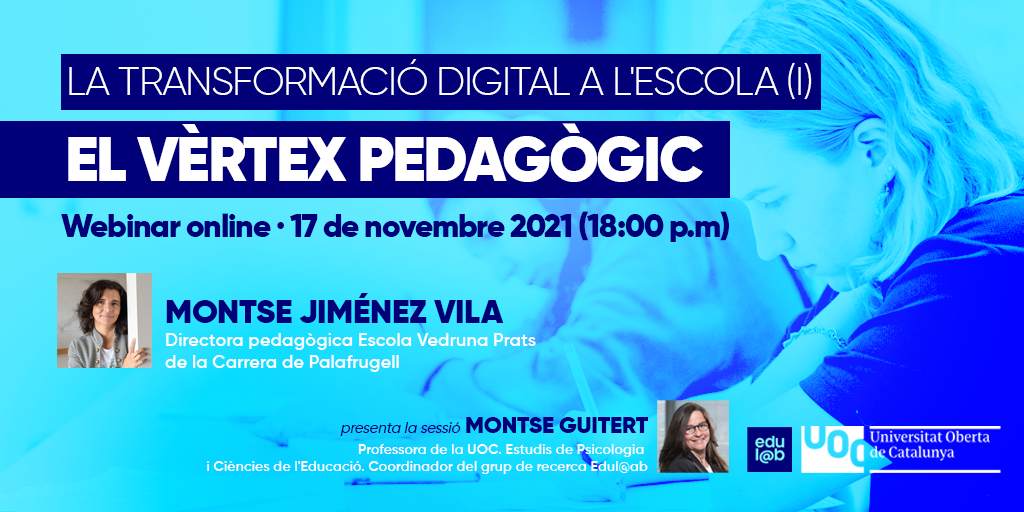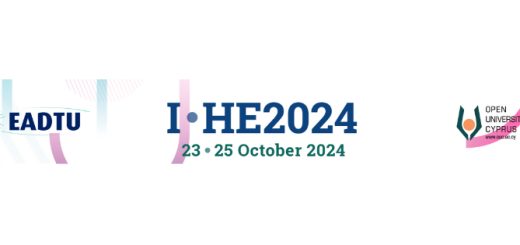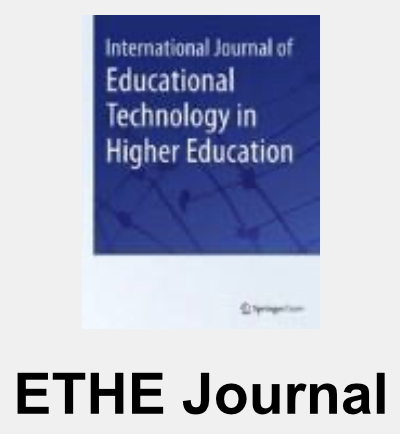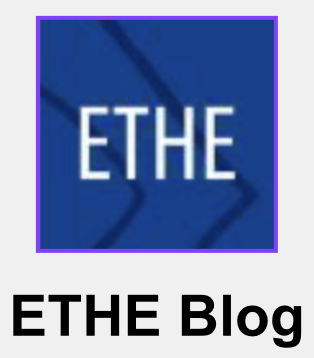Register Now! EDEN DLE Webinar on Strategies to Maintain Well-Being in the Digital Education Ecosystem and WINDEE Project
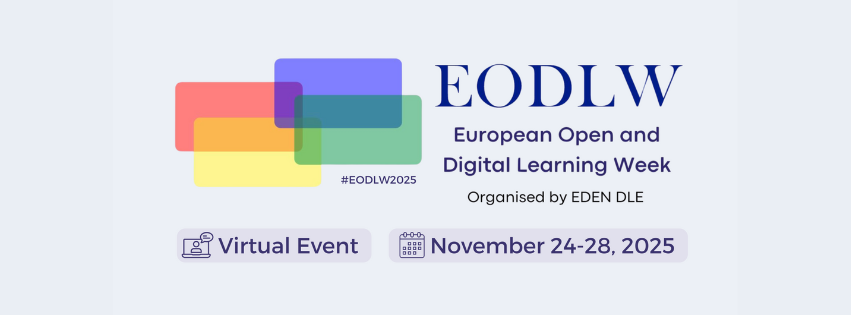
WINDEE (Well-being in Digital Education Ecosystem) Project will be featured in a webinar during the 10th European Open and Digital Learning Week (EODLW) 2025 organized by EDEN Digital Learning Europe on Tuesday, November 25 at 11:00 CET. Under the title “Strategies to Maintain Well-Being in the Digital Education Ecosystem”, the session will present new concepts and proposals on how to maintain digital well-being in the digital education ecosystem and how to support schools and their communities with available resources when the well-being of teachers and students is outweighed by challenges.
Presentations will be focused on the overall digital well-being framework, the resources already available and the policy experimentation projects working to propose digital well-being and sustainability for inclusive future classrooms in Europe.
The session will be moderated by Airina Volungevičienė (Vytautas Magnus University, Lithuania, EDEN Senior Fellow) and will feature the presentations of Eirini Symeonidou (European Schoolnet, Belgium), Dr. Éva-Terézia Vesely (Focus Eco Center, Romania), Orsolya Tuba (Finn minta, Finland) and András Merza, Regional Centre for Information and Scientific Development Ltd.)
Learn More About WINDEE Project
The well-being of students and educators in digital education is crucial. Our policy experimentation project addresses the lack of understanding, strategies, and coordinated policy efforts in this area. We build evidence, create solutions, and conduct experiments to refine and implement systemic policy changes. The project begins with comprehensive evidence building through research, assessment, and policy mapping on digital well-being. We then develop Digital Well-being Framework, integrating:
a) Person-specific factors including digital competences and health considerations.
b) Context-specific factors involving educational environment, learning design and school culture.
c) Device-specific factors pertaining to the types of digital devices and best practices for safe and balanced use.
The Digital Well-being Framework provides principles for responsible technology use and strategies for creating balanced digital learning environments. It includes practical recommendations for selecting technological solutions well-suited for learning design. We test the Digital Well-being Framework through experimentation in real-world educational settings. This iterative process refines our strategies, ensuring they are effective and relevant. Ultimately, we influence educational policies at regional, national, and European levels. By creating evidence-based policy recommendations and fostering systemic change, we strive to embed digital well-being into every classroom.
WINDEE Project (2025-2028) aims to research on the well-being of students and educators in digital education in order to implement systemic policy changes. The consortium is formed by Vytautas Magnus University (Lithuania), EDEN Digital Learning Europe (Estonia), Educraftor (Finland), EUN (Belgium), Universitat Oberta de Catalunya (Spain), Knowledge Innovation Centre (Malta), National Agency For Education (Lithuania) and Tallinn University (Estonia).


